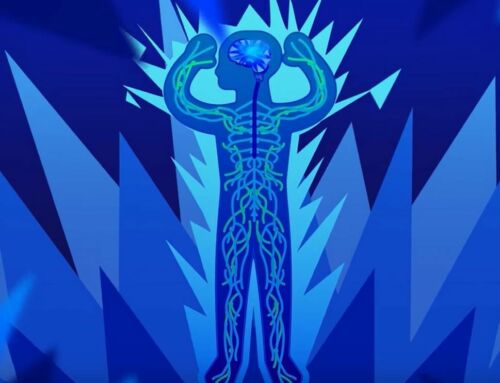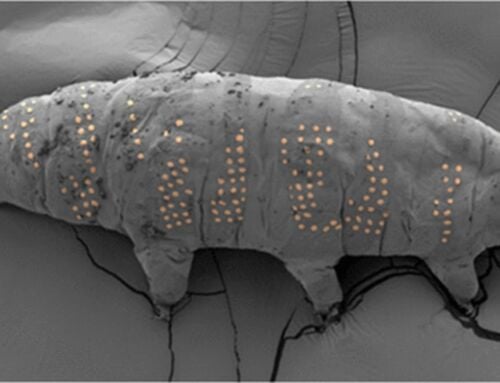Scientists accidentally found a way to convert CO2 to ethanol.
In a new twist to waste-to-fuel technology, scientists at the Department of Energy’s Oak Ridge National Laboratory have developed an electrochemical process that uses tiny spikes of carbon and copper to turn carbon dioxide, a greenhouse gas, into ethanol.
Their finding, which involves nanofabrication and catalysis science, was serendipitous.
ORNL’s Adam Rondinone, lead author of the team’s study published in ChemistrySelect, said:
“We discovered somewhat by accident that this material worked. We were trying to study the first step of a proposed reaction when we realized that the catalyst was doing the entire reaction on its own.
We’re taking carbon dioxide, a waste product of combustion, and we’re pushing that combustion reaction backwards with very high selectivity to a useful fuel. Ethanol was a surprise — it’s extremely difficult to go straight from carbon dioxide to ethanol with a single catalyst.”
“By using common materials, but arranging them with nanotechnology, we figured out how to limit the side reactions and end up with the one thing that we want,” Rondinone said.
The researchers’ initial analysis suggests that the spiky textured surface of the catalysts provides ample reactive sites to facilitate the carbon dioxide-to-ethanol conversion.
via inhabitat
source ORNL






Leave A Comment